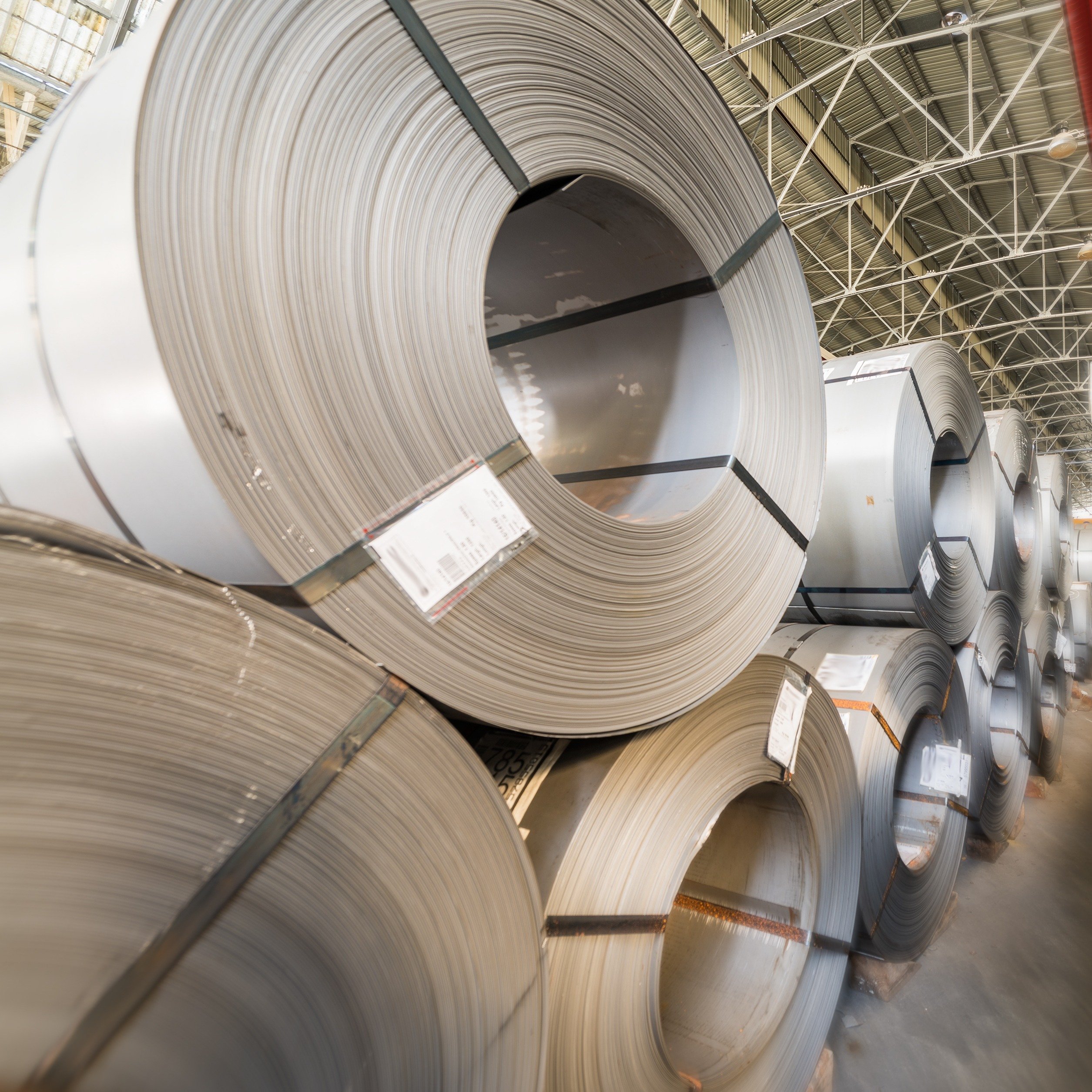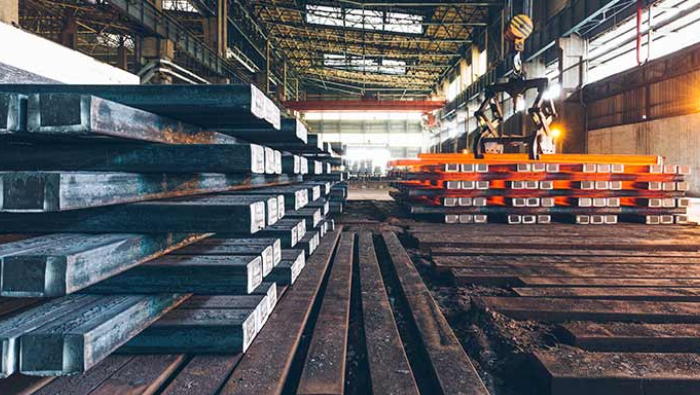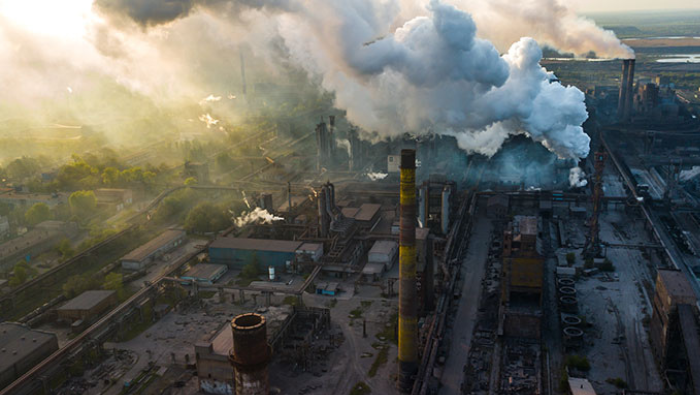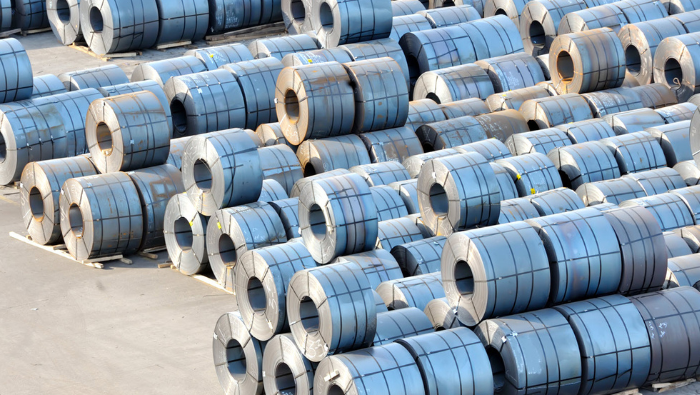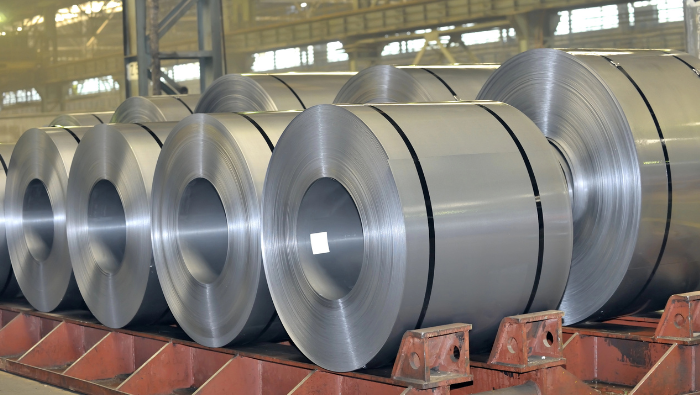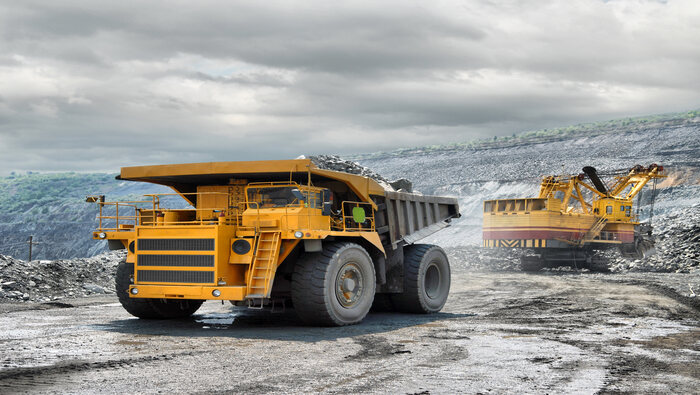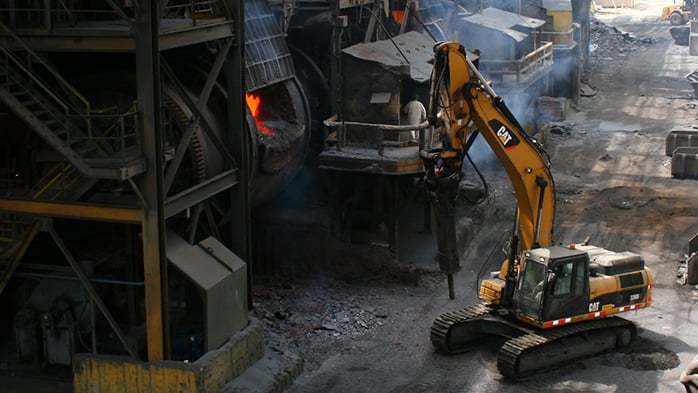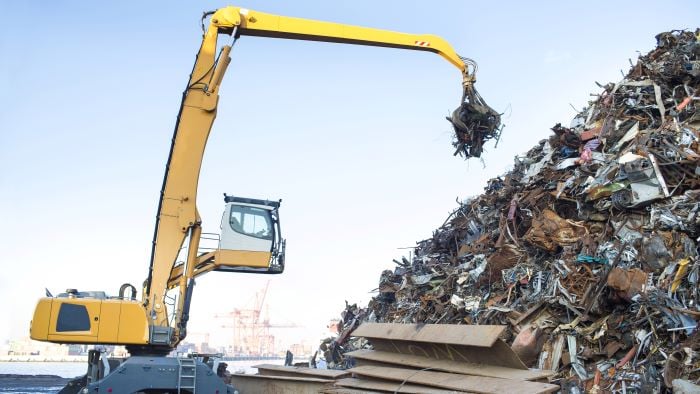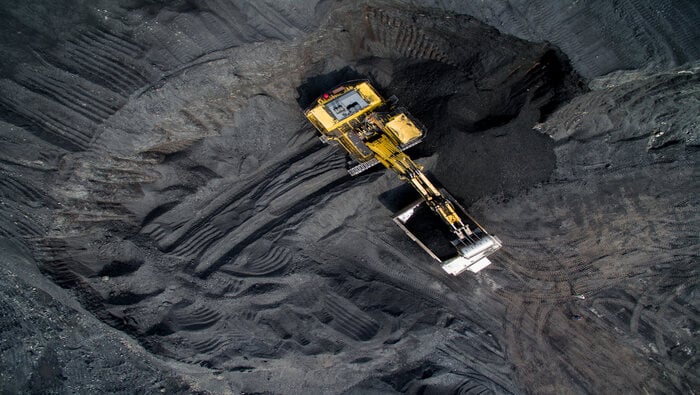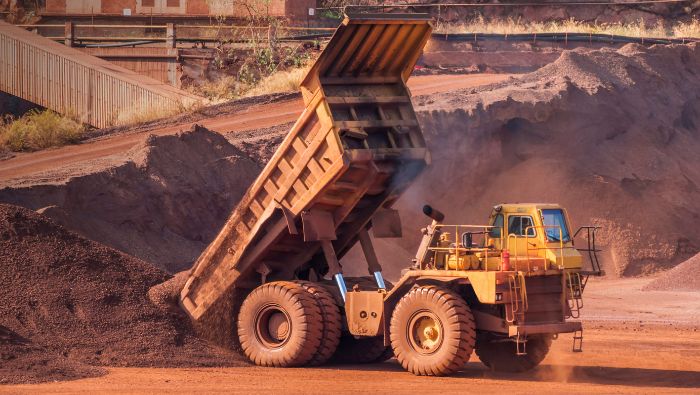The common narrative in the media is one that suggests burning coal to produce electricity will soon be an activity of a bygone age. We believe this narrative is, at best, premature.
While it may be the case in certain countries, the events of 2017 demonstrate the dependency that Chinese industries and households continue to have on the scale, reliability and cost competitiveness of coal-fired power generation. In the years ahead, CRU does believe that China’s reliance on coal will slowly erode and coal’s share of the energy mix will fall; however, increasing overall power demand will mean that coal consumption will be broadly stable in the medium-term.
Reliability should not be overlooked
2017 is developing into a year in which many commodity industries in China are seeing much-needed improvements to profitabililty. CRU believes that the primary drivers of better market conditions are capacity closures and supply-side restructuring (e.g. please see this Insight for analysis of the impact of steel capacity closures), however, overall demand has also been boosted in recent months by lower interest rates. National power demand has increased by 7% year-to-date.
At the same time, the hydro power sector has been unable to achieve previous levels of generation growth and output has, in fact, fallen by (2)% year-to-date. Together, coal and hydro power account for ~88% of total electricity supply and, therefore, coal-fired power plants have been called upon to step-in and increase electricity generation; something that is easily achievable because of surplus capacity and the well-understood controllable nature of the process.
The operating cost structure of the power generation industry in China means that thermal coal demand is very seasonal and – as demonstrated this year – dependent on the performance of other sources of power that have lower operating costs. The first chart below shows CRU’s estimates for average operating costs of power supply from the main types of generation used in China and indicates that coal-fired power plants, by and large, have higher operating costs than hydro, nuclear and renewable plants (n.b. although overall costs, including up-front investment costs, are typically lower). As a result, thermal coal demand is quite volatile throughout the year, as shown in the second chart, as overall power consumption fluctuates.
In the years ahead, CRU does believe that China’s reliance on coal will slowly erode (i.e. coal’s share of the energy mix will fall), however, increasing overall power demand will mean that coal consumption will be broadly stable in the medium-term.
The elimination of coal-fired power due to falling costs of renewable generation is being predicted with increasing verve and frequency, however, we strongly believe this is many years away in a country such as China, where coal reserves are extremely abundant and capacity factors of renewable power are low. The chart below contains CRU’s estimates for the levelised costs of electricity (LCOE) for different sources of power generation today and the compeititve advantage of coal compared with renewable energy is sizeable. This gap will close in the years ahead, however, in the absence of a significant carbon penalty, overall cost competitiveness – in addition to reliability – is another advantage that we believe coal-fired power plants will hold over renewable generation well into the next decade.
Our forecasts for thermal coal demand, supply, costs and prices are contained in the latest CRU Thermal Coal Market Outlook. Furthermore, we will be discussing these issues, amongst others, at upcoming briefings.
CRU's Upcoming Coal Briefings
CRU would be delighted for you and your colleagues to join us at our upcoming briefings for market participants in the iron ore and coal industries.
The briefings are free to attend and senior CRU experts will give a series of presentations examining the challenges and opportunities present in these markets.
CRU Sydney Iron Ore and Coal Briefing
• Friday 13 October, 3.00pm-5.30pm | Sydney Intercontinental Hotel
• For more information, please click here.
CRU Barcelona Coal Briefing
• Friday 27 October, 8.00am-9.00am | Hotel Torre Catalunya
• For more information, please email: julie.cunningham@crugroup.com
CRU Tokyo Steel, Iron Ore and Coal Briefing
• Wednesday 22 November, 2.30pm-4.30pm | Shangri-La Tokyo, Marunouchi
• For more information, please click here





